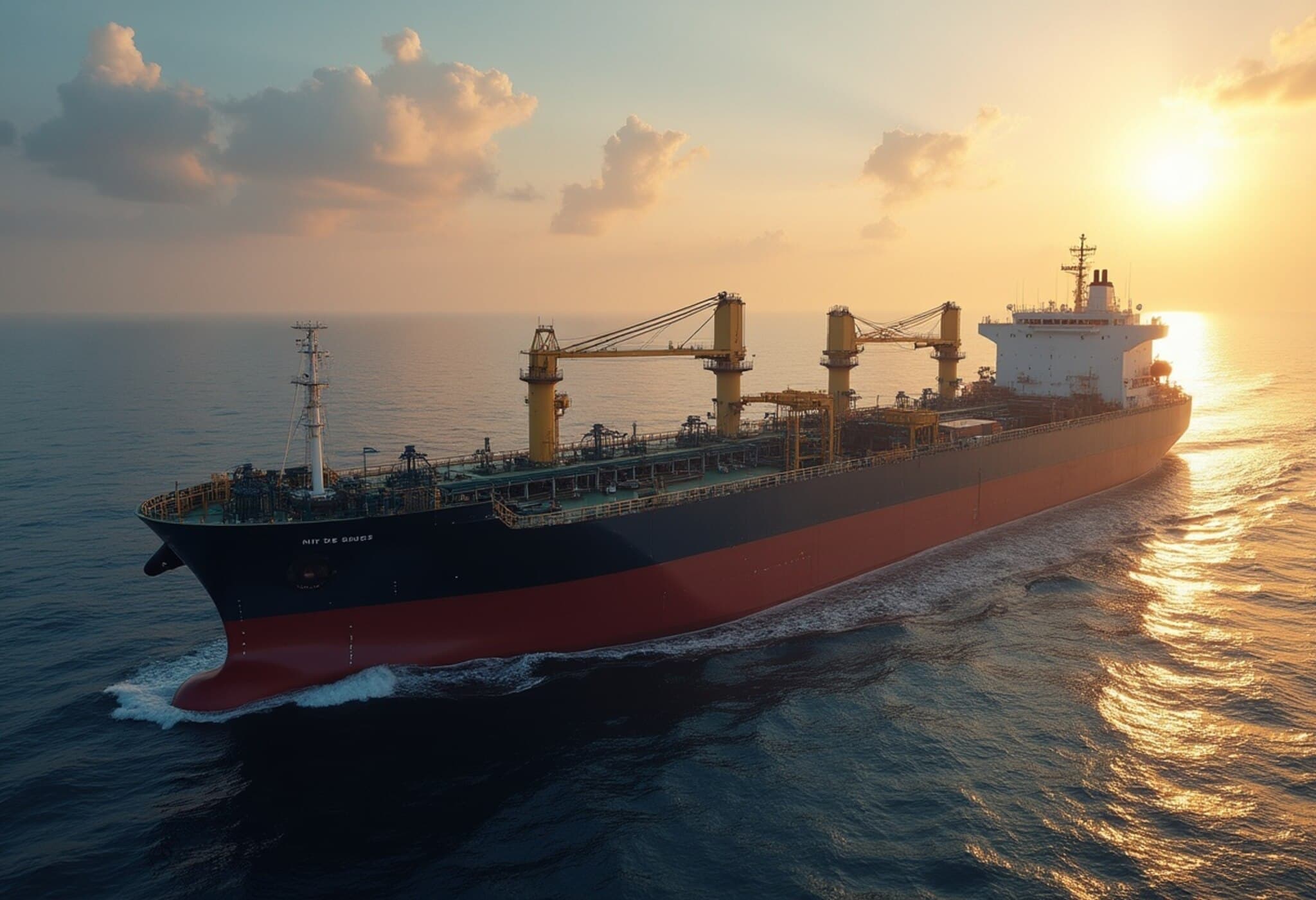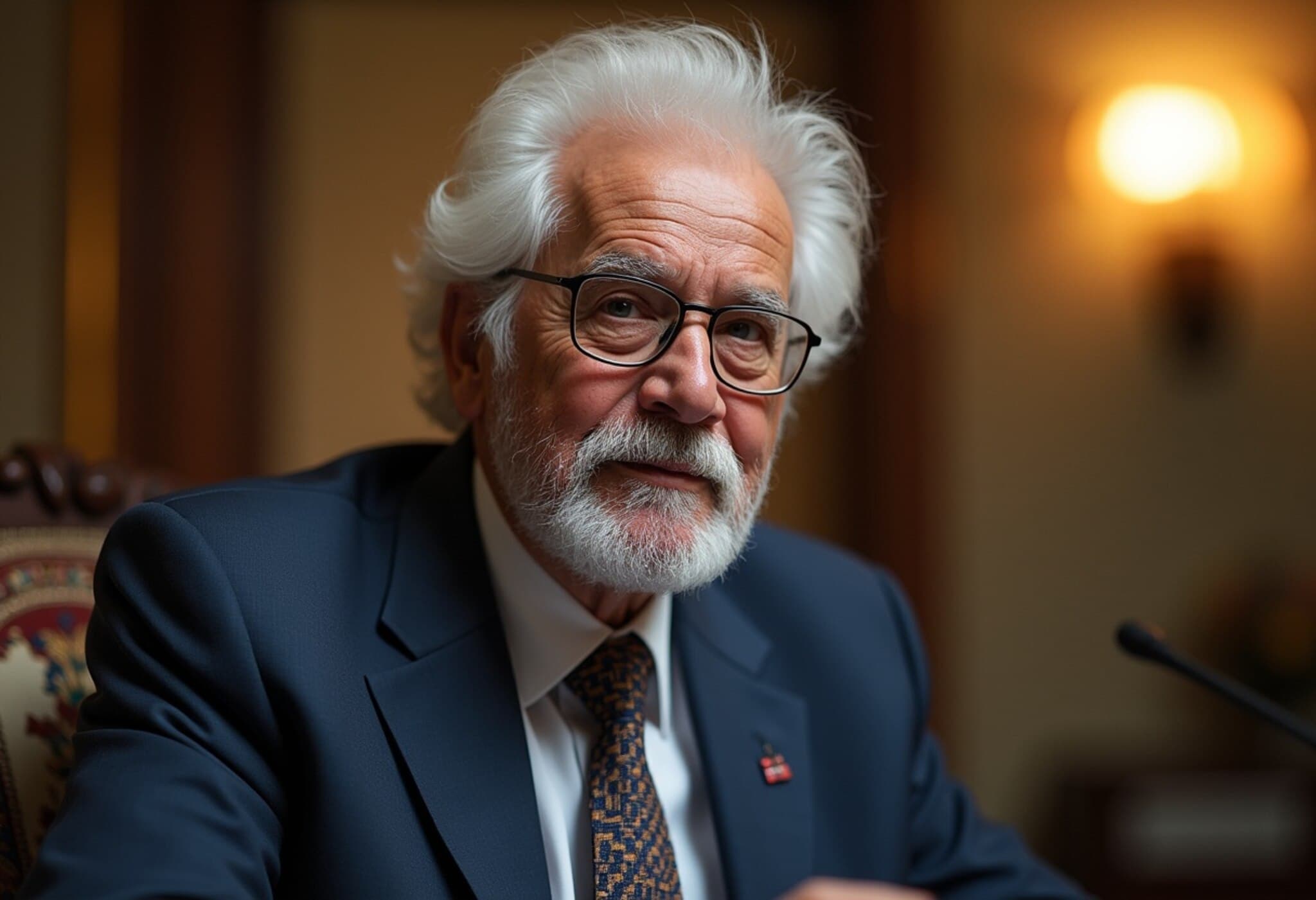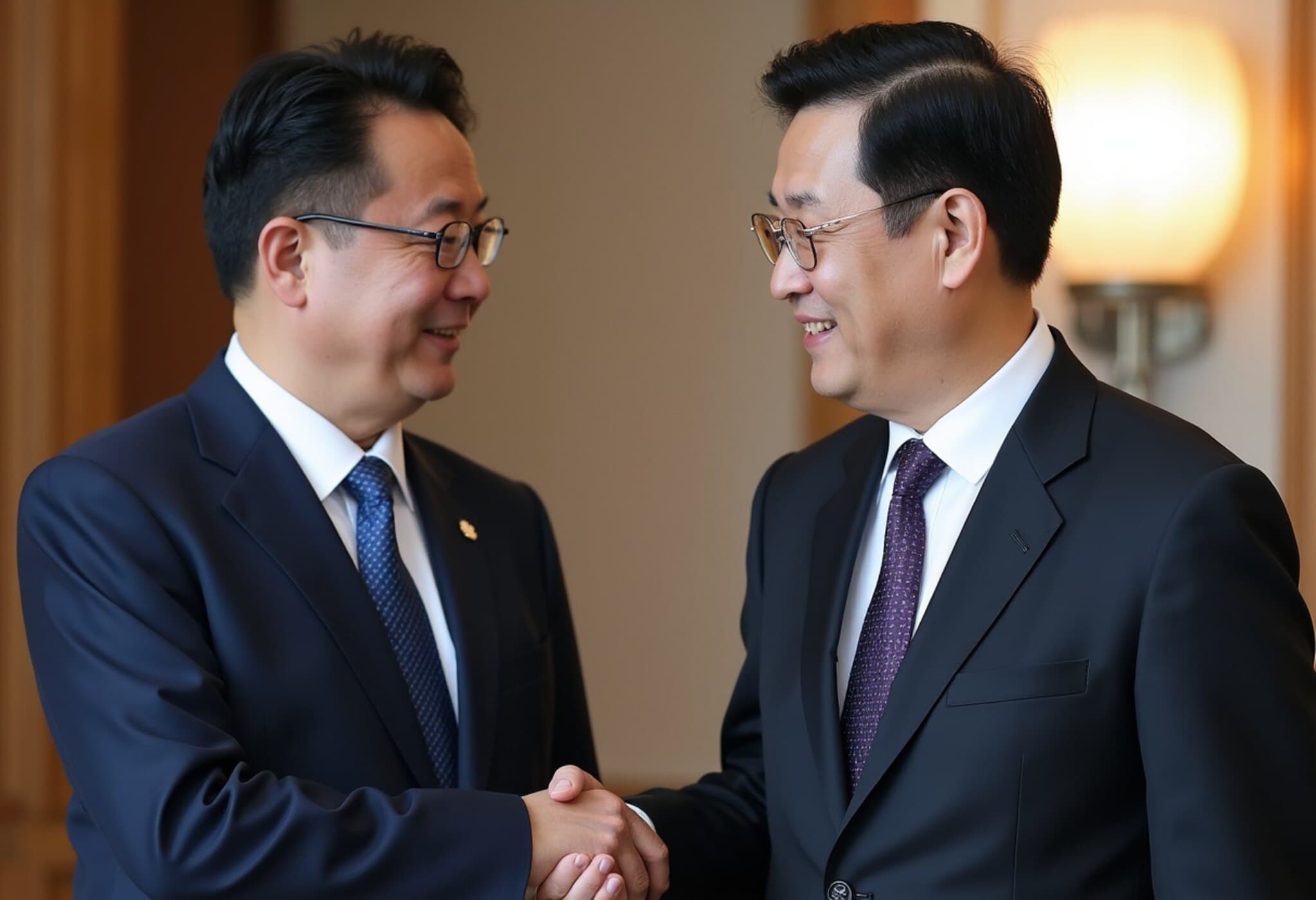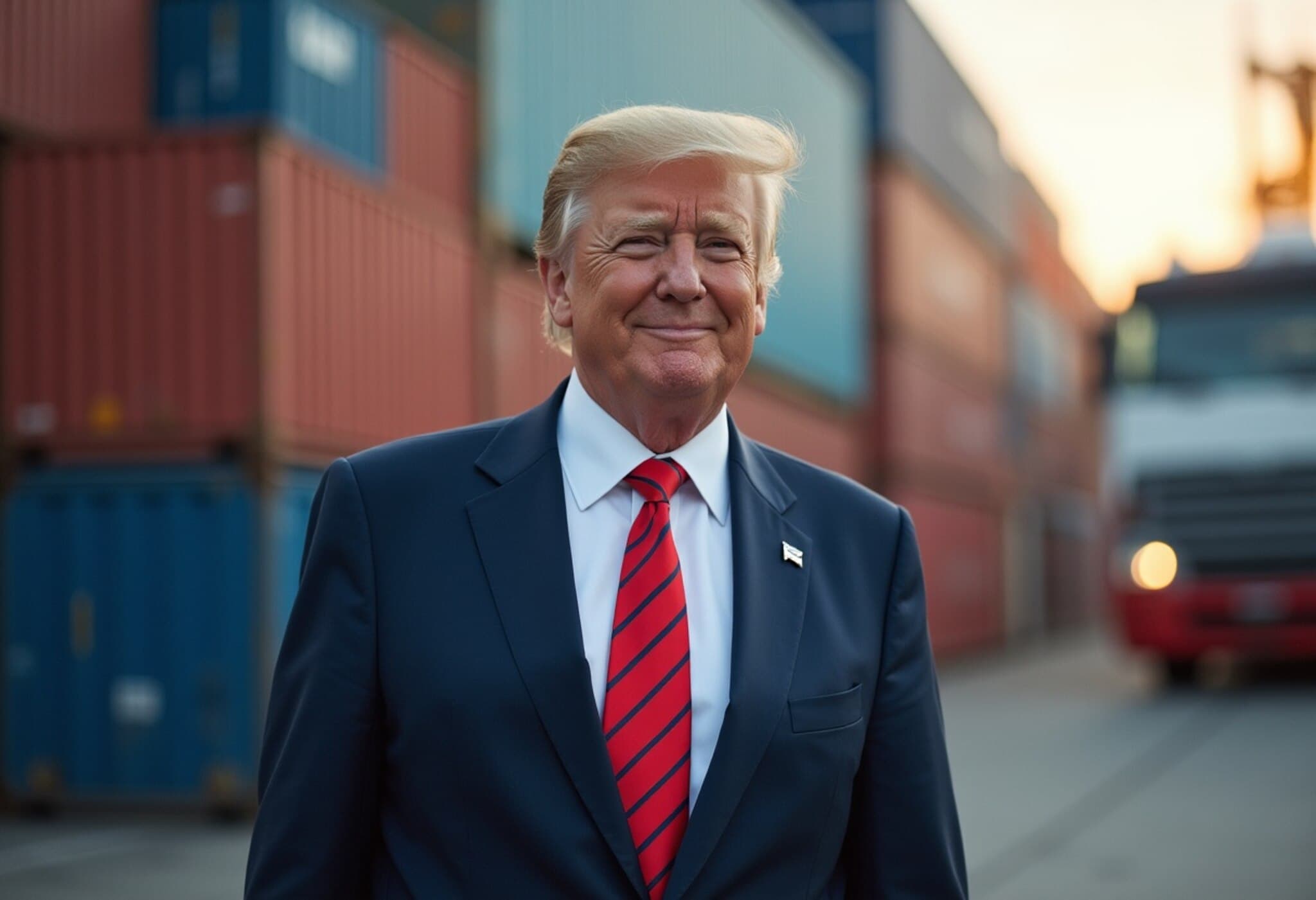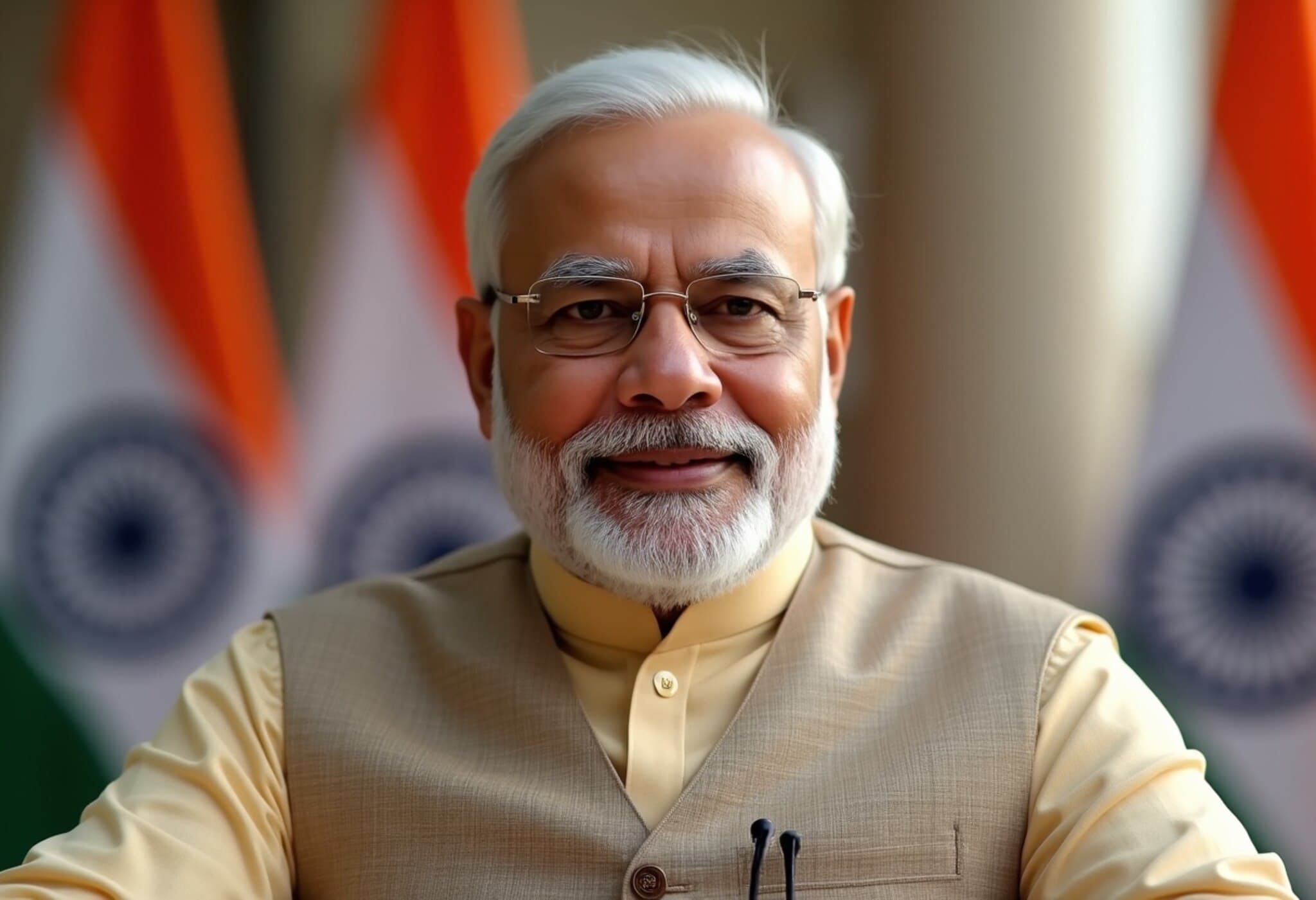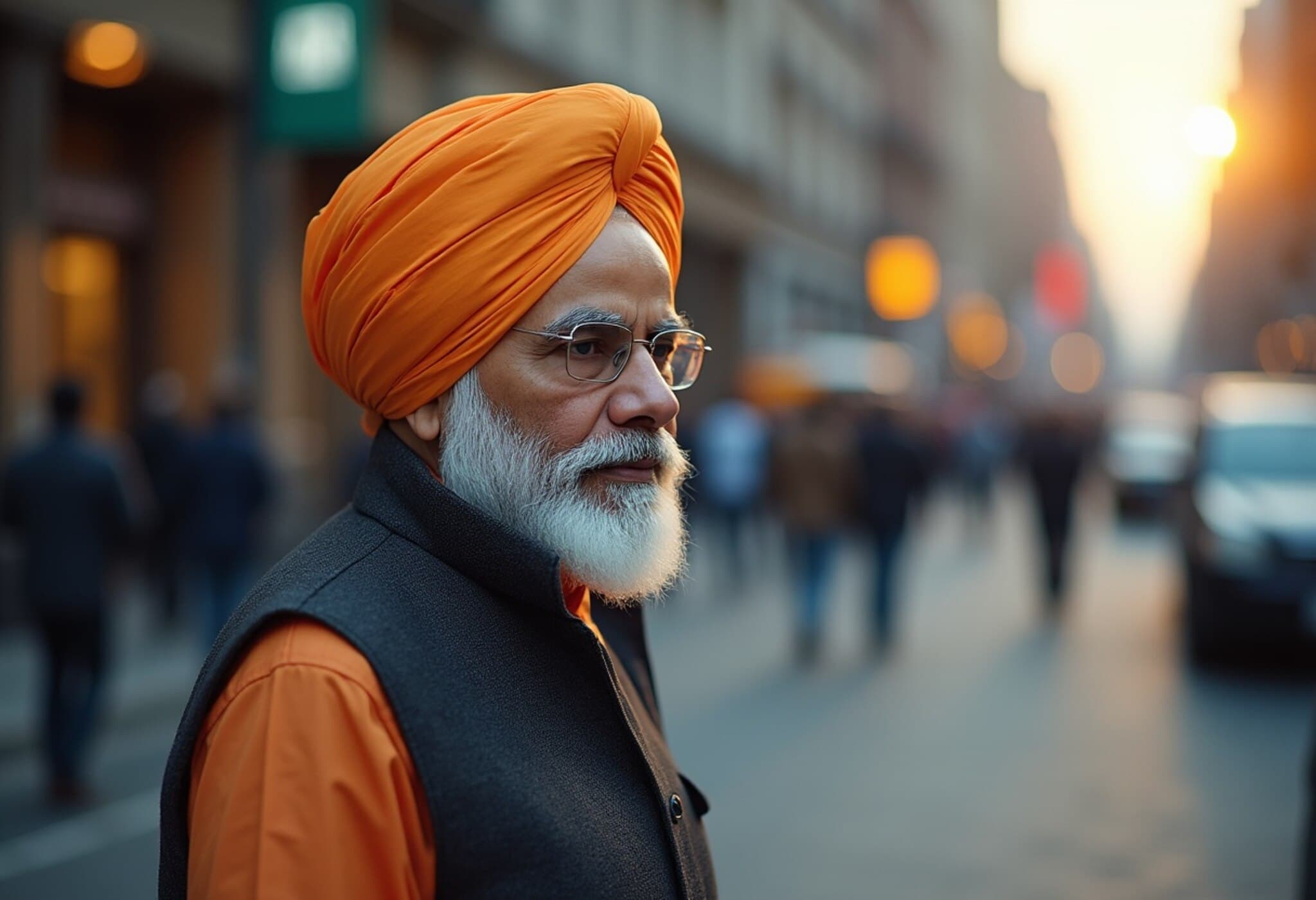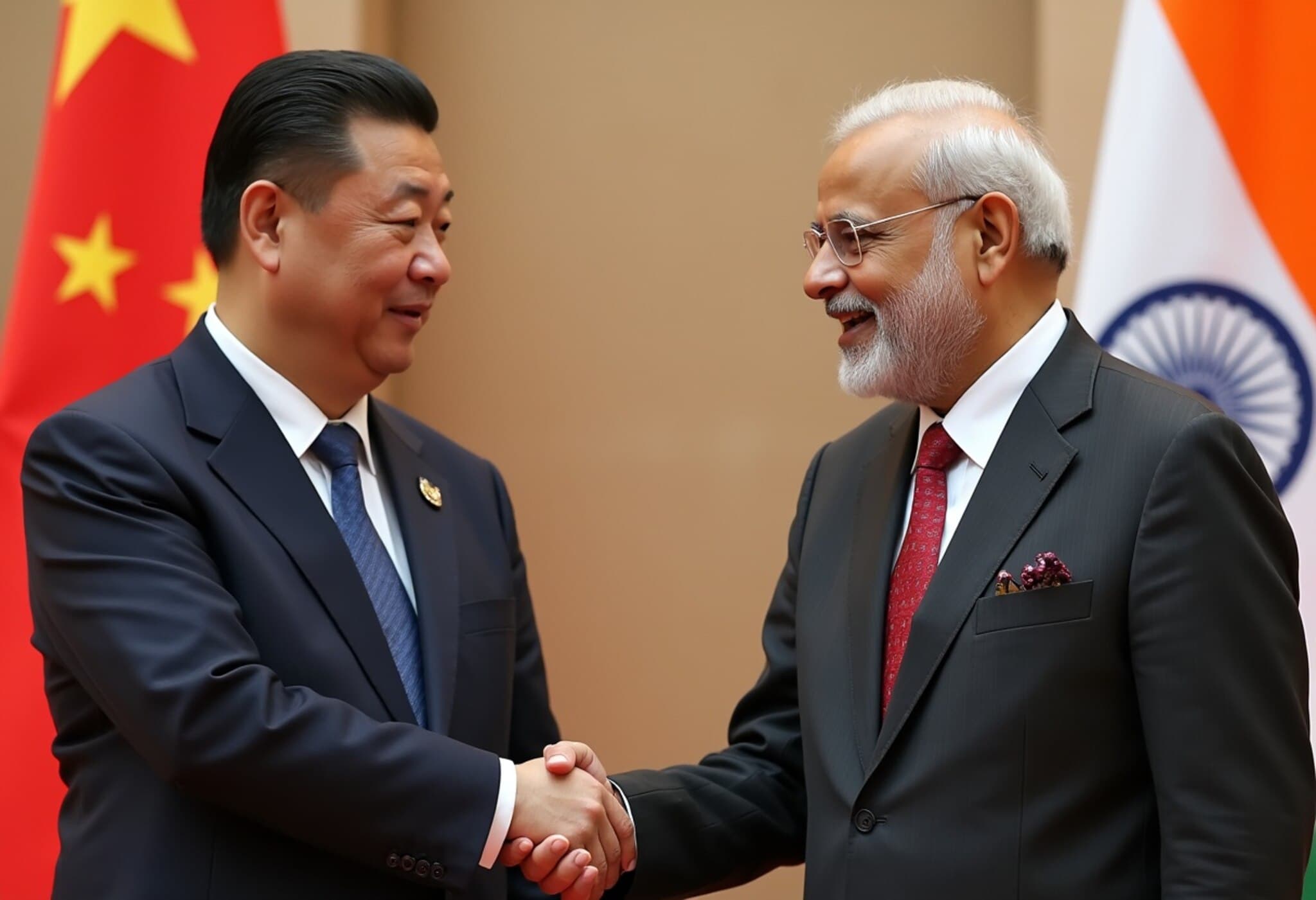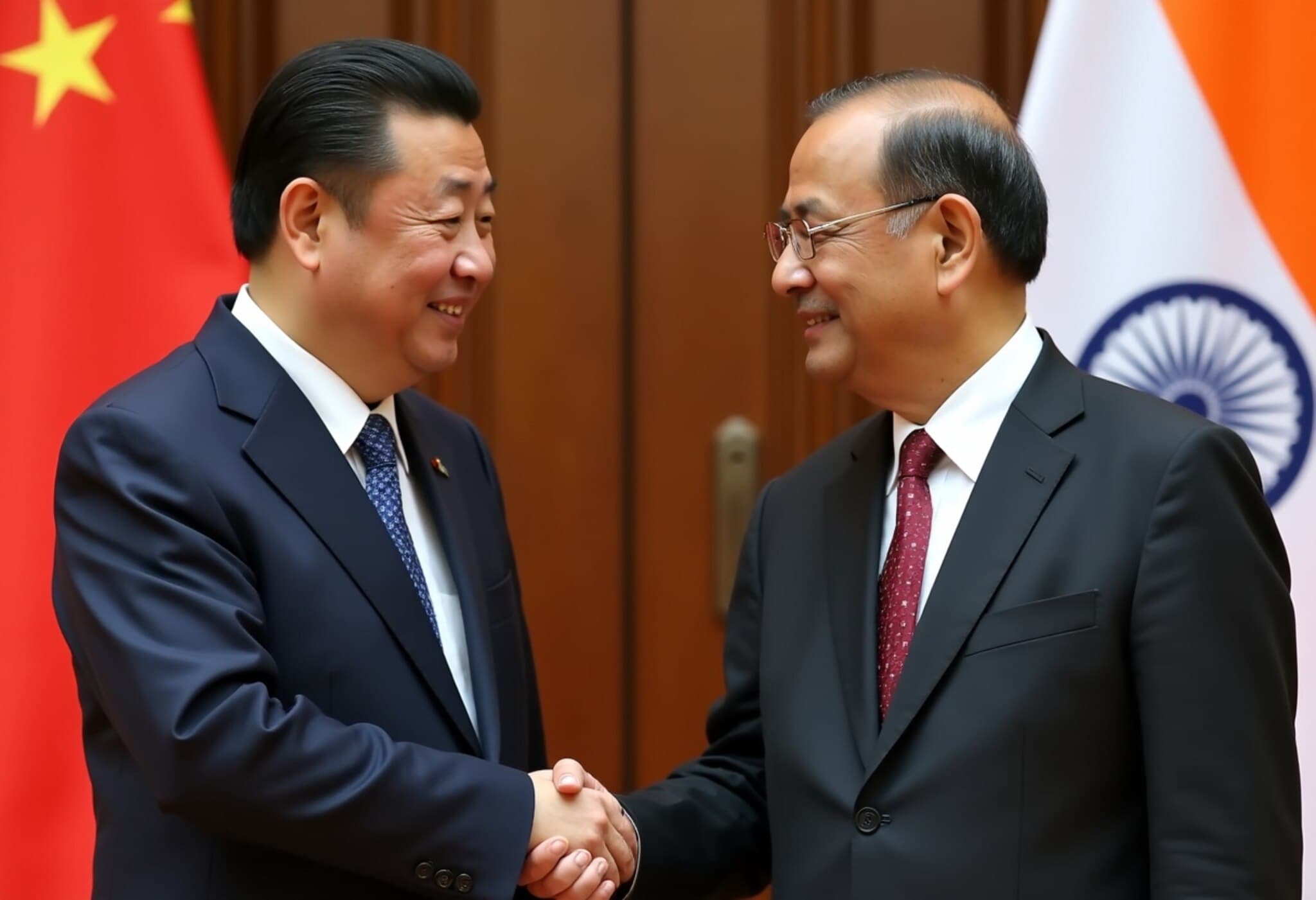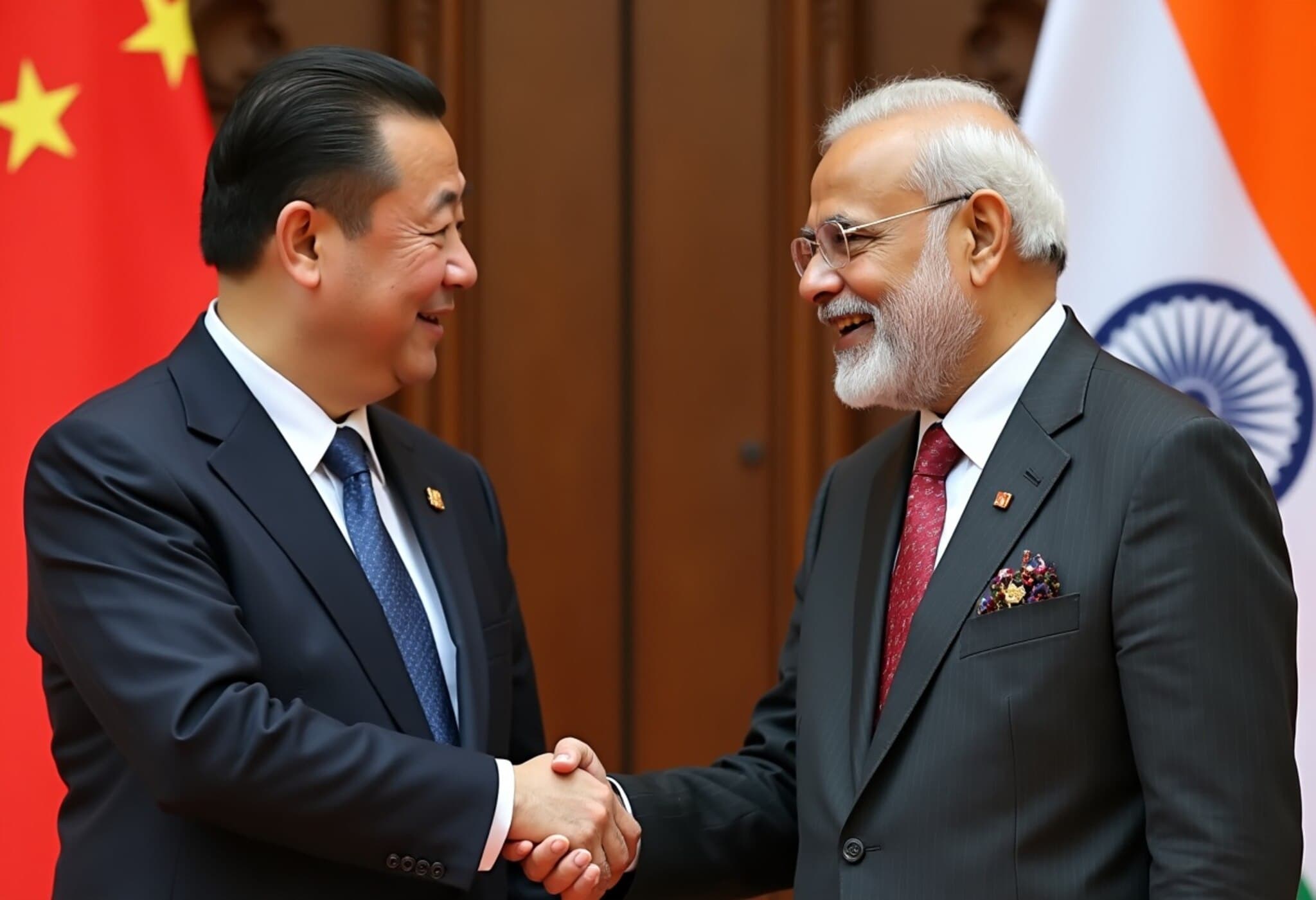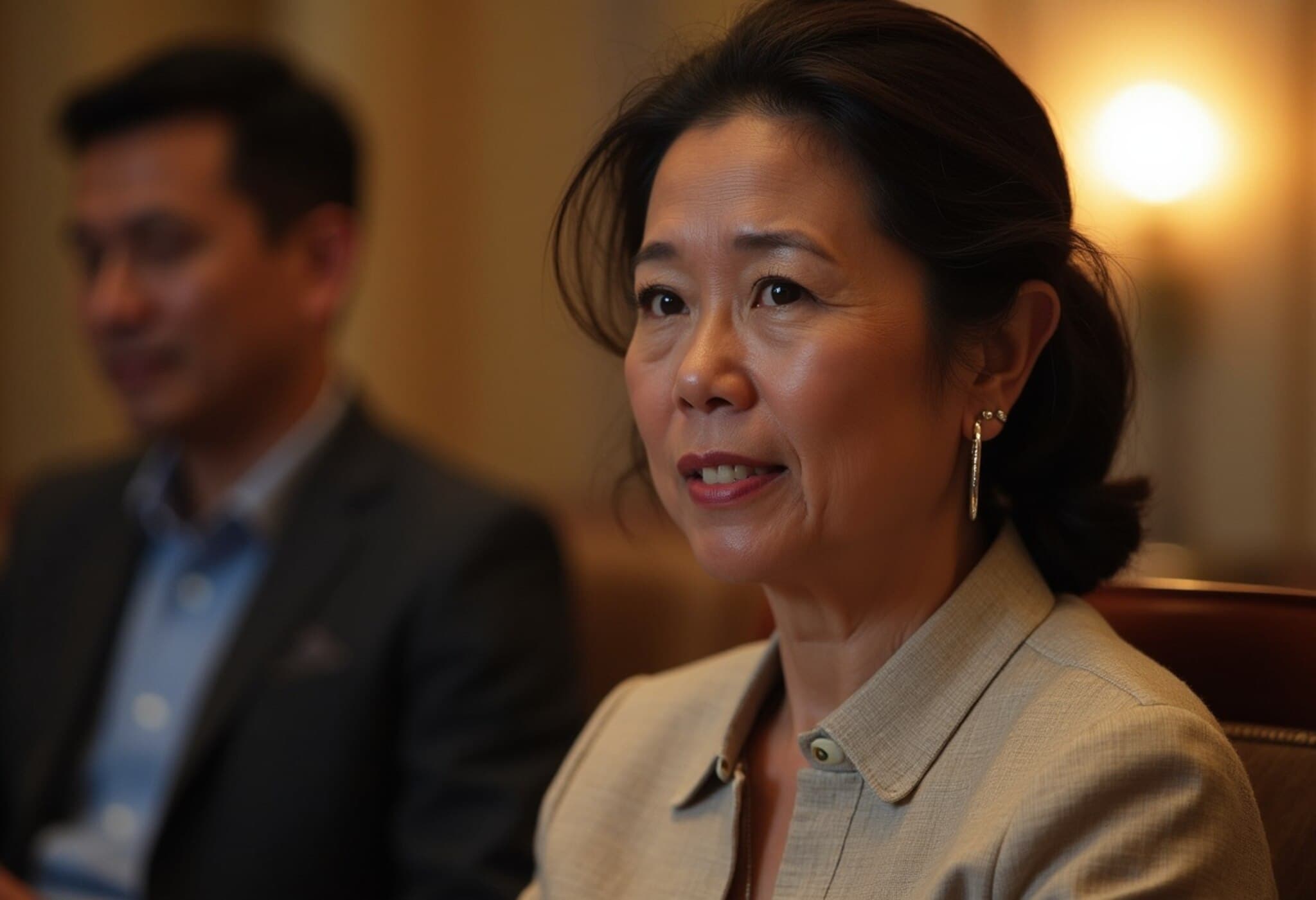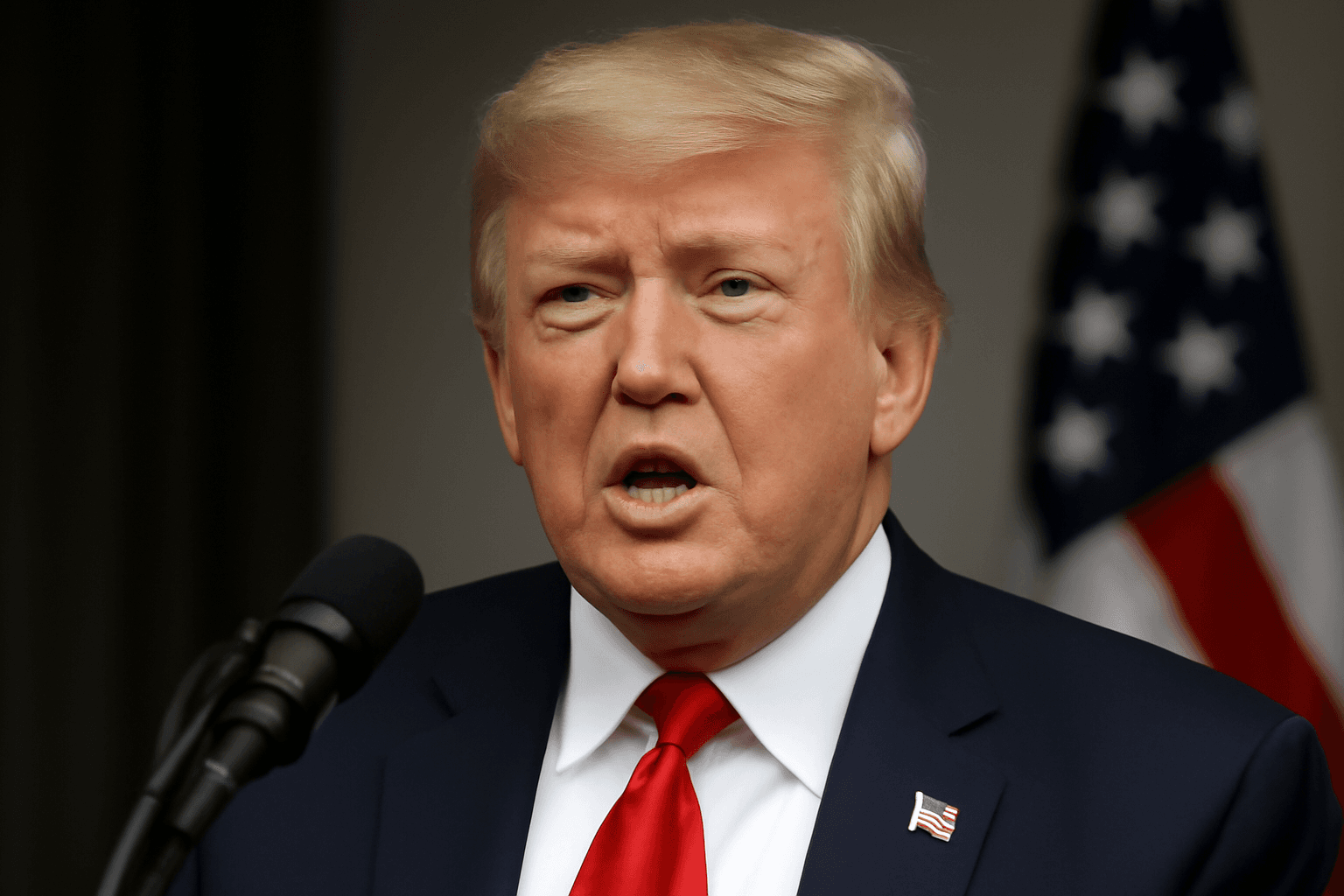India and New Zealand Advance Free Trade Agreement Negotiations in New Delhi
In a significant step toward strengthening bilateral economic relations, India and New Zealand concluded the second round of free trade agreement (FTA) talks in New Delhi, spanning from July 14 to July 25, 2025. The discussions marked meaningful progress across various critical sectors such as trade in goods, services, investment, and trade facilitation, according to an official statement from India’s Ministry of Commerce and Industry.
Building on Momentum from Initial Talks
The negotiation process began earlier this year, with the formal launch during New Zealand Prime Minister Christopher Luxon's visit to India in March 2025. The first round took place in May, also in New Delhi, setting an optimistic tone for a comprehensive, mutually beneficial agreement. The second round further deepened cooperation, focusing on technical aspects like rules of origin, customs procedures, sanitary and phytosanitary measures, and economic collaboration.
Key Areas of Progress
- Trade in Goods and Services: Both countries moved closer to agreement on tariff reductions and non-tariff barriers, aiming to ease market access for exporters and importers.
- Investment: Enhancing protections and incentives for investors to stimulate cross-border capital flow and business partnerships.
- Trade Facilitation: Streamlining customs procedures to reduce bureaucracy and improve supply chain efficiency.
- Technical Barriers and Sanitary Measures: Addressing challenges related to standards and regulations to ensure smoother trade of agricultural and industrial products.
- Economic Cooperation: Discussions included strategies for joint innovation, sustainable development, and digital trade initiatives.
The Commerce Ministry highlighted the "mutual interest in achieving early convergence on several texts," signaling a shared commitment to finalizing an agreement that is balanced, comprehensive, and future-ready.
Economic Context and Strategic Importance
India’s bilateral merchandise trade with New Zealand reached USD 1.3 billion in the fiscal year 2024-25, reflecting an impressive 48.6% growth compared to the previous year. This surge underscores the growing potential of the two economies to deepen commercial ties amid an increasingly volatile global trade environment.
Experts suggest that the FTA could act as a catalyst for diversifying trade partnerships beyond traditional markets, fostering supply chain resilience, and boosting investment flows. It further aligns with India’s broader strategy of engaging with key partners in the Indo-Pacific region to secure economic and geopolitical interests.
Looking Ahead: Third Round and Parallel Trade Initiatives
The third round of FTA negotiations is slated for September 2025 in New Zealand, with virtual discussions planned intermittently to maintain dialogue momentum. This timeline coincides with India’s vigorous trade diplomacy, including recent agreements like the one signed with the United Kingdom and ongoing talks with the European Union and United States.
Trade analysts note that while FTAs offer promising avenues for market access and cooperation, navigating domestic economic sensitivities, regulatory hurdles, and geopolitical dynamics will require careful balancing by both governments.
Editor’s Note
The India-New Zealand FTA talks exemplify how middle-power countries are proactively shaping their economic futures in a complex geopolitical landscape. Beyond tariff lines, these negotiations signal deeper strategic cooperation in areas like sustainability, technology, and services. However, questions remain about how the agreement will impact sensitive sectors and whether it can catalyze equitable growth for small and medium enterprises on both sides. As this story develops, stakeholders and observers should watch for how these diplomatic efforts translate into real-world economic transformation.


